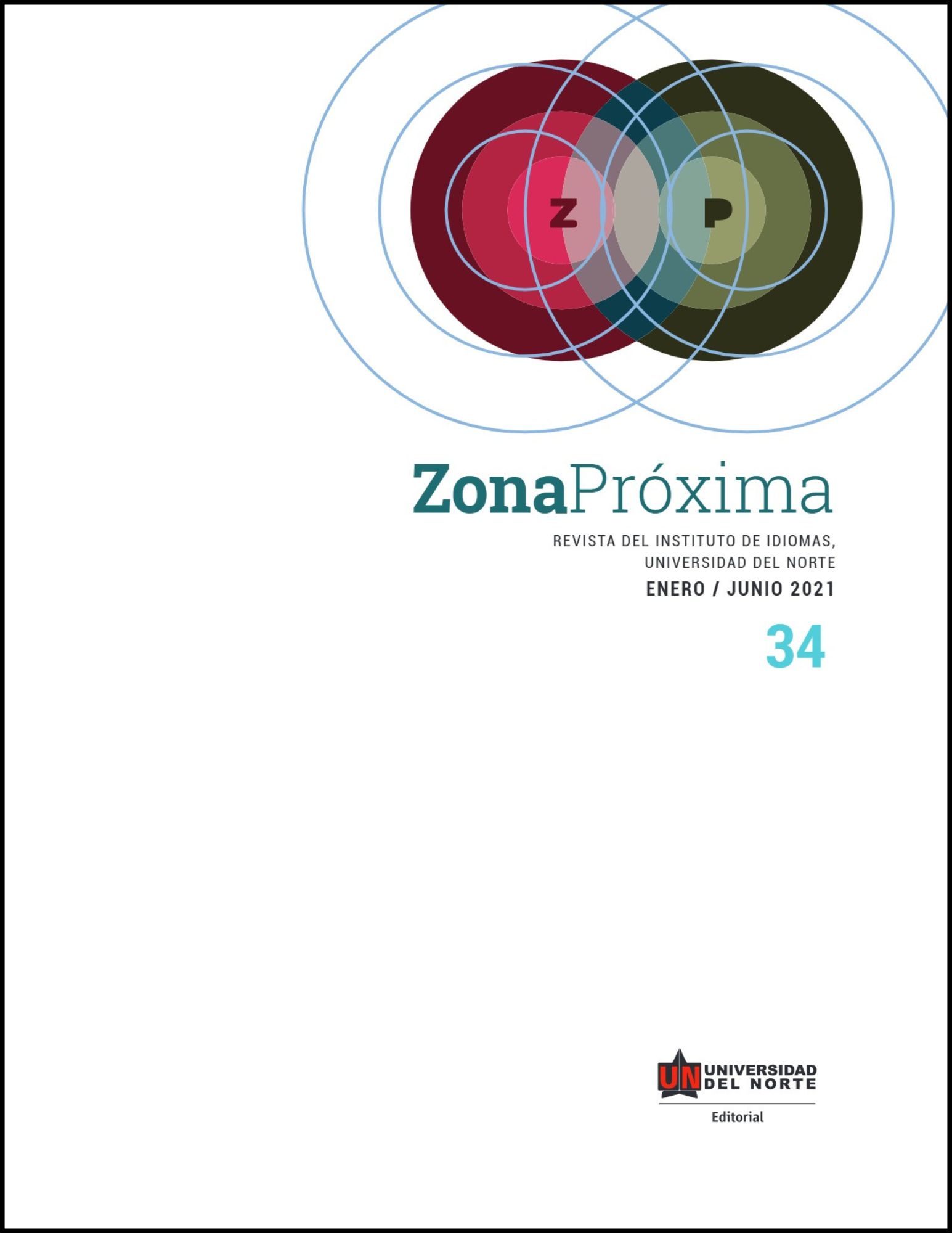Abstract
This article details the documented experience which was implemented in 21 of Apdes’s centers in Argentina, and was based on an institution-wide collaborative approach to innovation. By assigning principals a leadership role in the practice of critical reflection carried out by groups of teachers, they became empowered as agents for change and were able to observe the complete process, to better evaluate themselves and course-adjust on their own.
Throughout the experience, polls and other methods/tools? were used to collect information about what innovation meant to teachers and how motivated they were to innovate. These methods also introduced the possibility of evaluating every step in the process. Furthermore, they allowed the opportunity to measure the participant’s level of commitment, as well as the obstacles that arose and the changes in how necessary the project was believed to be. An analysis of the gathered data made clear that the critical reflection method put into practice made an impact in facilitating communal innovation in education.
References
Anijovich, R. y Capeletti, G. (2018). La práctica reflexiva en los docentes en servicio. Posibilidades y li-mitaciones. Espacios en Blanco. Revista de Educación, 28, 75-90. Universidad Nacional del Centro de la Provincia de Buenos Aires, Argentina.
Caldarola C, Camusso F, (2018) Branding educativo: Como crear valor gestionando la marca del colegio. Editorial Logos.
Deming, E. (1995). The New Economics for Industry, Government, Education, Massachusetts Institute of Technology, Cambridge.
Dewey, J. (1989). Cómo pensamos. Barcelona: Paidós.
Domingo, A. y R. Anijovich (Coords.) (2017). Práctica reflexiva: escenarios y horizontes. Avances en el contexto internacional. Buenos Aires: Universidad de San Andrés/AIQUE Educación
Domingo, A. y Giraldez, A. (16/07/2018). La innovación colaborativa ha llegado para quedarse.https://practicareflexiva.pro/la-innovacion-colaborativa-ha-llegado-para-quedarse/
Domingo Roget, A. y Gómez Serés, M. V. (2014). La práctica reflexiva, Narcea. Madrid: Ediciones.
Esteve Ruescas, O, Murcia Maldonado, S. y Palacios Garcia, R. M. (2010). Un modelo de comunidad de práctica y formación en red en el ámbito educativo: el Grup Tècnic de Práctica Reflexiva del Departament d’educació de la Generalitat de Catalunya. En J. Gairín (Ed.), Nuevas estrategias formativas para las organizaciones. España: Wolters Kluwer.
Erazo Jiménez, M. S. (2009). Práctica reflexiva como estrategia de desarrollo profesional: Presencia y estructura en reuniones docentes. Educación y educadores, 12(2), 47-74.
Gairín, J. (Ed.) (2010). Nuevas estrategias formativas para las organizaciones. Madrid: Walters Kluwer.
Hernández Sampieri, R., Fernández Collado, C. y Baptista Lucio, M.P. (2010). Metodología de la inves-tigación (5ª ed.). México: McGraw-Hill.
Lepeley, M. T. (2001). Gestión y calidad en educación: un modelo de evaluación. México: McGraw-Hill Interamericana.
López, V. B. I. y Basto, T. S. P. (2010). Desde las teorías implícitas a la docencia como práctica reflexiva. educación y educadores, 13(2), 275-291.
Porter, M. & Kramer, M. (2011). Creating Shared Value. Harvard Business Review, 5.
Thomas, B., & Rosas, E. G. (1996). Cómo gerenciar la transformación hacia la calidad total. Serie McGraw-Hill de Calidad Total.Zabalza, M.A. y Zabalza Cerdeiriña, M. A. (2012). Innovación y cambio en las instituciones educativas. Homo Sapiens Ediciones, e-book.


